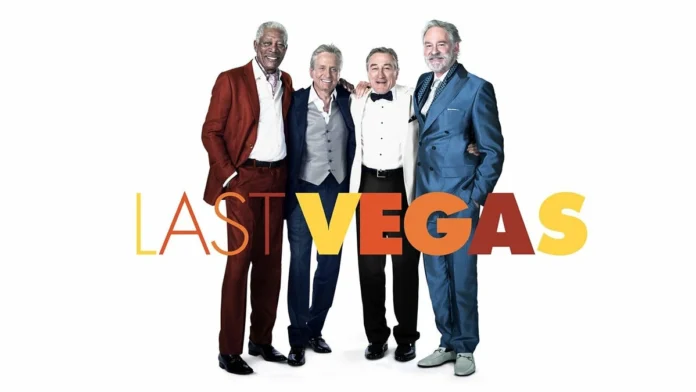Let’s grab a virtual coffee for a second. Have you ever noticed something about movies? Whenever a character needs to hit the reset button, make a terrible decision, or pull off the impossible, there’s a 90% chance they’re booking a flight to one specific, glittering mirage in the middle of the Nevada desert.
That’s right. Las Vegas.
It’s more than just a location; it’s a plot device, a character, a whole mood. We’ve seen it a hundred times, from the slick swagger of Ocean’s Eleven to the gut-wrenching despair of Leaving Las Vegas . But here’s the thing that fascinates me, the question I keep coming back to: Why? Why are filmmakers and by extension, all of us so completely obsessed with the idea of a Las Vegas movie ?
I used to think it was just about the casinos, the easy visual shorthand for gambling and greed. But the more I watch, the more I realize it’s so much deeper than that. Vegas on screen isn’t just about a city. It’s a stage where our biggest hopes, fears, and wildest fantasies get to play out under a million watts of neon light.
The City as a Character | A Distorted Mirror
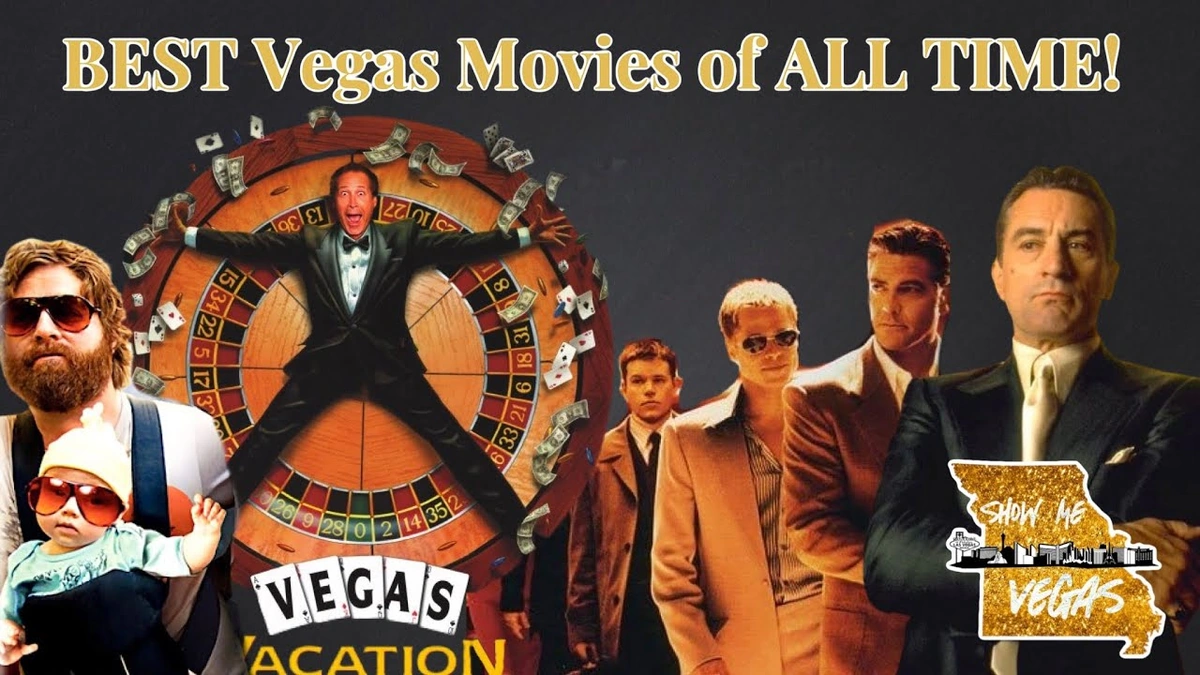
First, let’s be honest: in cinema, Las Vegas is never just a backdrop. It’s an active participant in the story. Think about Martin Scorsese’s masterpiece, Casino . The city isn’t where the story happens; the city is the story. It’s a living, breathing organism of ambition and violence, wrapped in gold lamé. The voiceover by Robert De Niro’s character, Sam Rothstein, explains the “Vegas way” of doing things, treating the city like a complex machine he has to control.
What makes Vegas so compelling for a storyteller is its inherent duality. On the surface, you have the Bellagio fountains, the five-star restaurants, the promise of a jackpot just one lucky spin away. It’s the American Dream on fast-forward. But just beneath that shimmering facade is the grit, the desperation, the shadowy figures in back rooms, and the cold, hard math that ensures the house always wins.
This contrast is pure cinematic gold. A director can capture both breathtaking glamour and devastating grit in a single shot. The very architecture is designed to be a trap no clocks, no windows, a confusing labyrinth of slot machines. It’s a place built to make you forget the outside world, which is exactly what a movie wants you to do. It’s a fantasy land built on a bedrock of harsh reality, and that tension is where the best stories live.
The Ultimate Test | A Crucible for Character
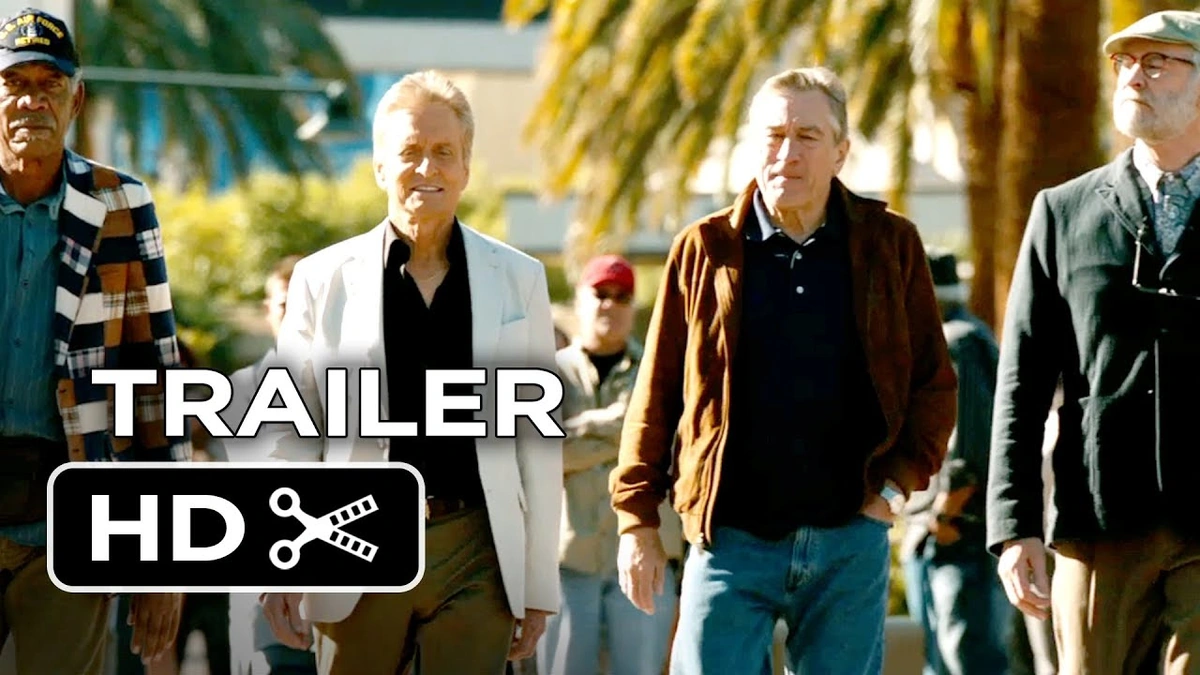
If a story is about seeing what a character is made of, then Vegas is the ultimate pressure cooker. The city forces people to confront the extremes of their own nature. It’s a place of high stakes, not just financially, but morally and psychologically. I see it breaking down into three classic cinematic tests.
1. The Test of Skill (The Heist): This is the Ocean’s Eleven Vegas trope. Here, the city is a fortress, a complex puzzle to be solved by the smartest, coolest people in the room. The challenge isn’t just to steal the money, but to outsmart the very concept of Vegas to beat the unbeatable system. The glamour of the casinos becomes the playground for an elaborate, high-stakes game of chess. The city itself is the antagonist.
2. The Test of Sanity (The Binge): On the flip side, you have films like Fear and Loathing in Las Vegas . Here, the city isn’t a puzzle; it’s a vortex. It’s a surreal, hallucinatory landscape that strips away all pretense of normalcy and pushes its characters to the absolute brink. It asks the question: “How much is too much?” Vegas becomes a symbol of excess and the dark, chaotic underbelly of the pursuit of pleasure.
3. The Test of Consequence (The Hangover): And then there’s the modern classic, The Hangover . This isn’t about skill or sanity, but about escaping consequences. The movie’s entire premise is built on the famous slogan, “What happens in Vegas, stays in Vegas.” The city becomes a magical bubble where normal rules don’t apply. It’s a fantasy of temporary freedom, where you can make every bad decision imaginable and (hopefully) piece it all back together before your flight home. It perfectly captures why we’re so drawn to the idea of Vegas: a place to shed our skin and be someone else, just for a night.
A Blank Canvas for Reinvention (and Ruin)
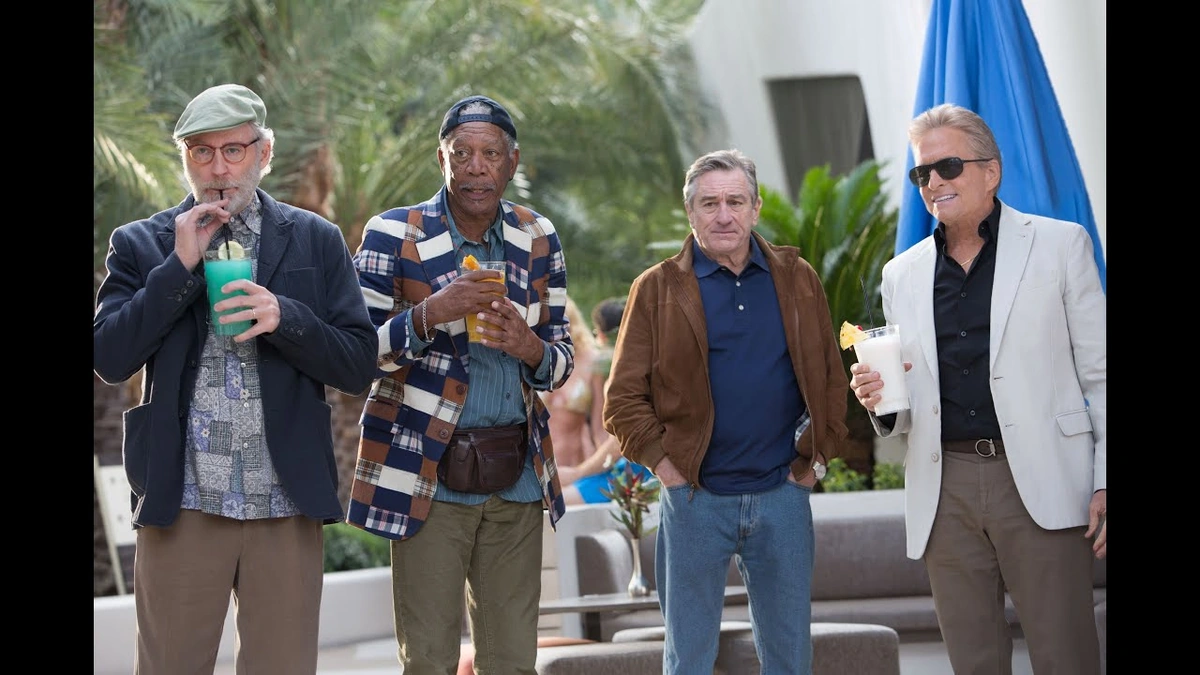
At its core, every Las Vegas movie is about transformation. Nobody goes to Vegas to stay the same. You go to win big, to forget a breakup, to get married on a whim, to become a different version of yourself.
This theme of reinvention is powerful. It’s the promise of a clean slate, written under neon lights. You can be a high-roller, a mysterious stranger, an international person of mystery. For 48 hours, your real life doesn’t exist. Movies like Swingers capture this perfectly two guys trying to reinvent themselves and shake off their pasts, using the city’s energy as fuel.
But and this is a big “but” for every story of reinvention, there’s a story of ruin. The promise of becoming someone new is always shadowed by the risk of losing everything you are. For every jackpot, there are a thousand losses. This incredible dramatic potential is why filmmakers keep coming back. The stakes are just so incredibly high. Will our hero reinvent himself, or will he be utterly destroyed? In Vegas, both outcomes are equally plausible, and that’s thrilling to watch.
So, Which Vegas Movie Should You Watch?
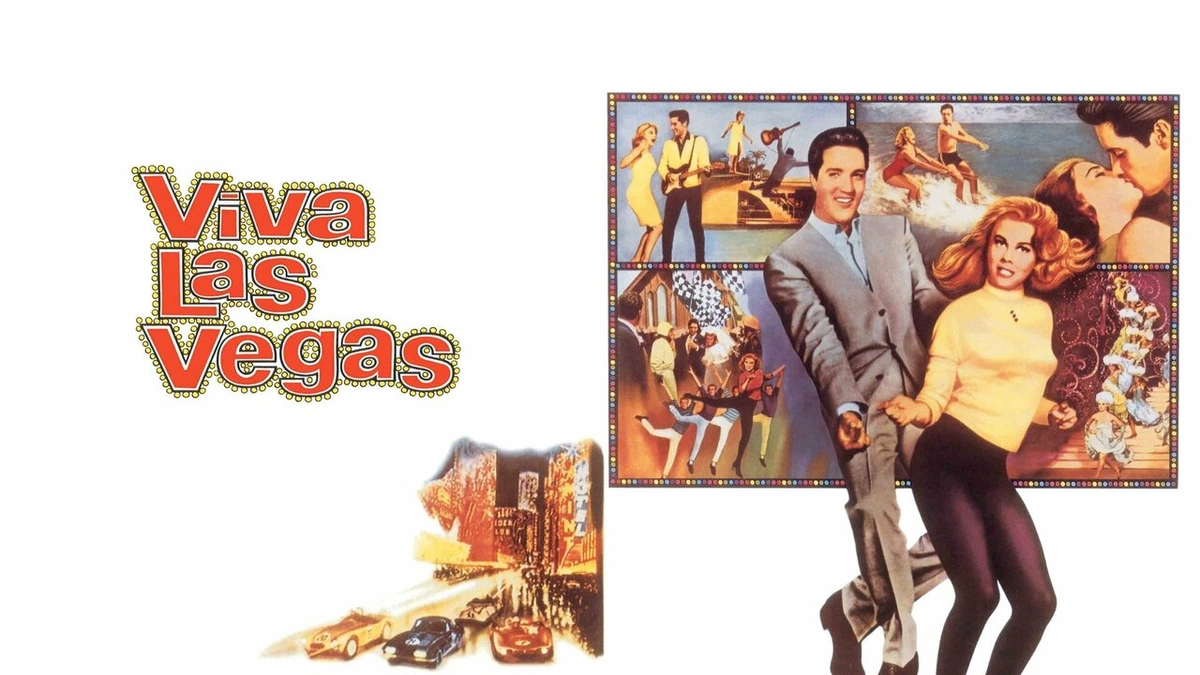
Instead of a generic list of the “best movies set in Vegas,” think of it this way: what flavor of the Vegas myth are you in the mood for?
- For the Slick, Cool Fantasy: Watch Ocean’s Eleven (the 2001 version). It’s a cinematic cocktail—smooth, stylish, and impossibly charming. It’s the Vegas everyone wants to believe in.
- For the Brutal, Unfiltered History: It has to be Casino. This is the masterclass. It shows you how the sausage gets made, peeling back the layers of glamour to reveal the mob-run machine beneath.
- For the Unhinged, Psychedelic Trip: Fear and Loathing in Las Vegas is your only option. It’s not an easy watch, but it captures the surreal chaos of the city like nothing else.
- For the Modern, Comedic Escape: The Hangover nails the feeling of a weekend gone horribly, hilariously wrong. It’s the ultimate “what happens in Vegas” story.
Frequently Asked Questions About Vegas in Film
What is the most iconic movie filmed in Las Vegas?
It’s a tough call, but most critics and fans would point to either Casino for its gritty realism and historical depth, or Ocean’s Eleven (2001) for defining the modern, cool-as-ice image of the city.
Why are so many heist movies set in Vegas?
Because casinos are the perfect setting! They are designed to be impenetrable fortresses holding vast sums of money, with high-tech security and constant surveillance. It presents the ultimate challenge for a charismatic crew, making for a naturally high-stakes plot.
Is the Vegas in movies anything like the real thing?
Yes and no. The locations, the energy, and the scale of the spectacle are very real. However, movies often exaggerate the ease of winning big and conveniently edit out the long, boring stretches of losing. The real Vegas is a bit less glamorous and a lot more calculated.
What’s a good Las Vegas movie that isn’t about gambling?
While gambling is often present, a film like Swingers is more about friendship and getting over a breakup, just using Vegas as a vibrant backdrop. Even The Hangover las vegas story is less about gambling and more about the chaotic mystery that unfolds.
Did they really film in all those famous casinos?
Yes, for many of the big ones! Ocean’s Eleven famously got unprecedented access to film inside the Bellagio . Casinos often cooperate because a major film provides incredible publicity.
In the end, the power of a Las Vegas movie isn’t really about the slot machines or the showgirls. It’s about a place that represents the ultimate bet a bet on luck, a bet on a different life, a bet on a different you.
And that’s a story we’ll never, ever get tired of watching.

